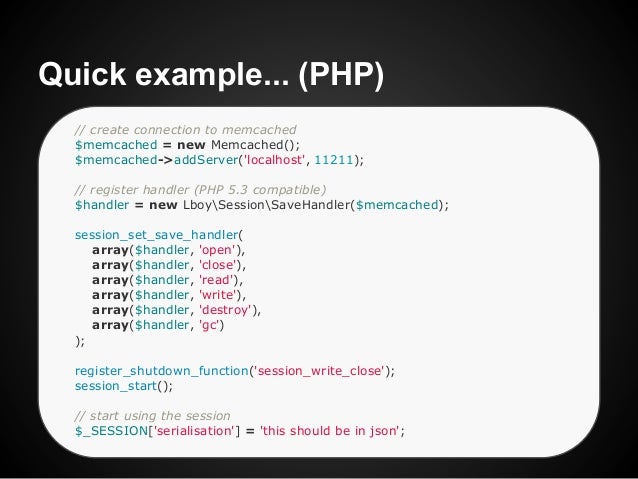Node Js Php Serialize Array

Parameters value The value to be serialized. Serialize() handles all types, except the -type. You can even serialize() arrays that contain references to itself. Circular references inside the array/object you are serializing will also be stored.
Any other reference will be lost. When serializing objects, PHP will attempt to call the member function prior to serialization. This is to allow the object to do any last minute clean-up, etc.
Prior to being serialized. Likewise, when the object is restored using the member function is called. Note: Object's private members have the class name prepended to the member name; protected members have a '*' prepended to the member name. These prepended values have null bytes on either side. DO NOT serialize data and place it into your database.
Serialize can be used that way, but that's missing the point of a relational database and the datatypes inherent in your database engine. Doing this makes data in your database non-portable, difficult to read, and can complicate queries. If you want your application to be portable to other languages, like let's say you find that you want to use Java for some portion of your app that it makes sense to use Java in, serialization will become a pain in the buttocks. You should always be able to query and modify data in the database without using a third party intermediary tool to manipulate data to be inserted. I've encountered this too many times in my career, it makes for difficult to maintain code, code with portability issues, and data that is it more difficult to migrate to other RDMS systems, new schema, etc. Hp Smart Update Manager Isotonic. It also has the added disadvantage of making it messy to search your database based on one of the fields that you've serialized.
I've been using the serialize() and unserialize() functions often. Serializing an array keeps the information in an array format, so to speak, but in one long string.
That's not to say serialize() is useless. Hp Smart Update Manager Isolation. A good place to use it may be a cache file that contains the result of a data intensive operation, for instance. There are tons of others. Just don't abuse serialize because the next guy who comes along will have a maintenance or migration nightmare. Epson M188d Driver Windows 7 32bit.
If you are going to serialie an object which contains references to other objects you want to serialize some time later, these references will be lost when the object is unserialized. The references can only be kept if all of your objects are serialized at once. That means: $a = new ClassA(); $b = new ClassB($a); //$b containes a reference to $a; $s1=serialize($a); $s2=serialize($b); $a=unserialize($s1); $b=unserialize($s2); now b references to an object of ClassA which is not $a. Drivers Hp Officejet V40. $a is another object of Class A.
Use this: $buf[0]=$a; $buf[1]=$b; $s=serialize($buf); $buf=unserialize($s); $a=$buf[0]; $b=$buf[1]; all references are intact. When you serialize an array the internal pointer will not be preserved. Apparently this is the expected behavior but was a bit of a gotcha moment for me.
Copy and paste example below. ', print_r ( $array, 1 ), ';?. If serializing objects to be stored into a postgresql database, the 'null byte' injected for private and protected members throws a wrench into the system. Even pg_escape_bytea() on the value, and storing the value as a binary type fails under certain circumstances. For a dirty work around: this allows you to store the object in a readable text format as well. When reading the data back: The only gotcha's with this method is if your object member names or values may somehow contain the odd '~~NULL_BYTE~~' string.
If that is the case, then str_replace() to a string that you are guaranteed not to have any where else in the string that serialize() returns. Also remember to define the class before calling unserialize(). If you are storing session data into a postgresql database, then this workaround is an absolute must, because the $data passed to the session's write function is already serialized. Thanks, Travis Hegner. I did the same test as MiChAeLoKGB but in another version of PHP. I don't post his code because I executed exactly the same script (after correcting a small variable naming error and add a line to display the PHP version). PHP version: 7.1.9 PHP serialized in 0.840088 seconds average JSON encoded in 0.387726 seconds average serialize() was roughly 11.66% faster than json_encode() Test took 6.848 seconds with 1000 iterations.
It would seem that in the current version of PHP the serialize function is faster. I was trying to submit a serialized array through a hidden form field using POST and was having a lot of trouble with the quotes. I couldn't figure out a way to escape the quotes in the string so that they'd show up right inside the form, so only the characters up to the first set of quotes were being sent. My solution was to base64_encode() the string, put that in the hidden form field, and send that through the POST method. Then I decoded it (using base64_decode()) on the other end.